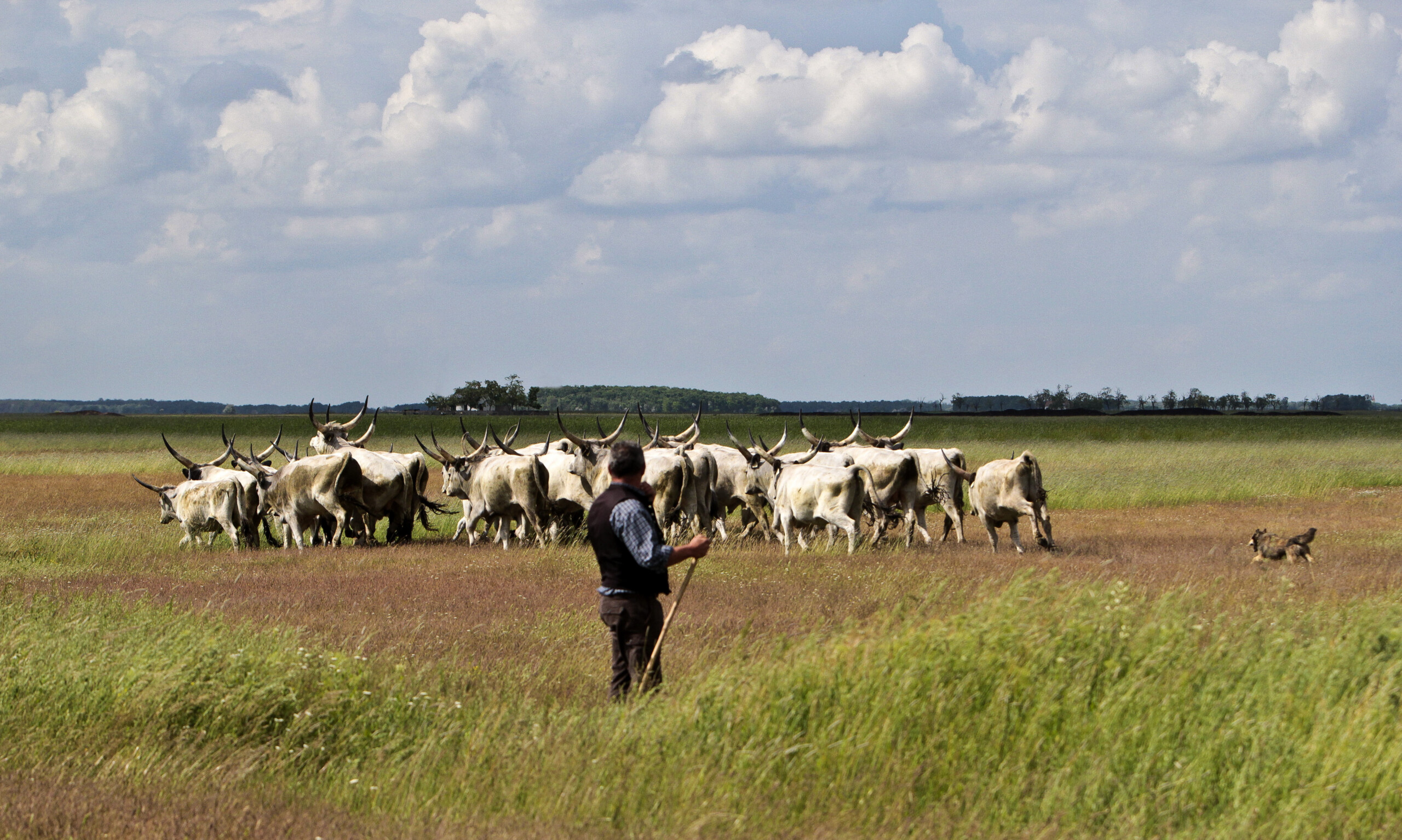The 13th Standing Group of Experts on Lumpy Skin Disease (LSD SGE) convened online on February 21, 2024, with experts from diverse organizations, including World Organisation for Animal Health (WOAH), Food and Agriculture Organisation of the United Nations (FAO), European Commission, EU Reference Laboratory for Capripox Viruses (Sciensano), European Food Safety Authority (EFSA), and independent experts.
Responsible for LSD coordination and surveillance in Europe, the LSD SGE received updates from participating countries on vaccination and surveillance efforts.
LSD control in southeast Europe has been successful, thanks to coordinated, regional vaccination campaigns. It is noted that in 2024, no vaccination is planned in South-East Europe for the first time since the outbreaks started [apart from the high-risk areas of Anatolia (Türkiye)]. LSD preparedness and vigilance, however, remain relevant, taking into account the epidemiological situation in the neighborhood (i.e. North Africa and the Middle East).
In Central Asia, the LSD situation seems to be evolving. Hence more efforts are needed concerning vaccination campaigns, surveillance, and identification /characterization of circulating strains.
Considering epidemiological data, 2023 LSD surveillance, vaccination results, and the risk of introduction from neighboring regions, the participants deliberated and endorsed a comprehensive set of recommendations for LSD vaccination and surveillance in 2024.
The full text of recommendations is provided in a dedicated document, collectively approved by all participants (link at the bottom of the page).
Emphasizing international transparency as vital for Transboundary Animal Diseases (TADs) control, the participants underscored its pivotal role in fostering progress and garnering international support.
In conclusion, the LSD SGE affirmed its commitment to fostering collaboration and coordination among countries at the regional level, with a focus on continuing vaccination in affected and high-risk areas, and coordinated cessation of vaccination in low-risk areas, considering the current epidemiological situation.
The next meeting is scheduled for the following year, and discussions on its format will ensue.
Experts’ presentations
WAHIS: Notification of animal diseases, and LSD epidemiological situation (global, regional), Gregorie Hermann Bazimo, WOAH
FAO activities on LSD, Mark Hovari
EURL – Latest activities on LSD and update on disease diagnosis, Nick De Regge
LSD-related activities at the EU level, Dimitrios Dilaveris, DG SANTE
Countries’ presentations
Armenia, Azerbaijan, Bulgaria, Georgia, Greece, Israel, Kazakhstan (in Russian), Kyrgyzstan (in Russian), Tajikistan, Türkiye, Turkmenistan (in Russian)
